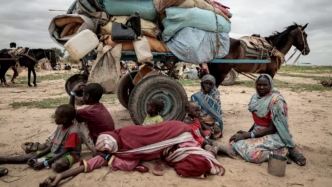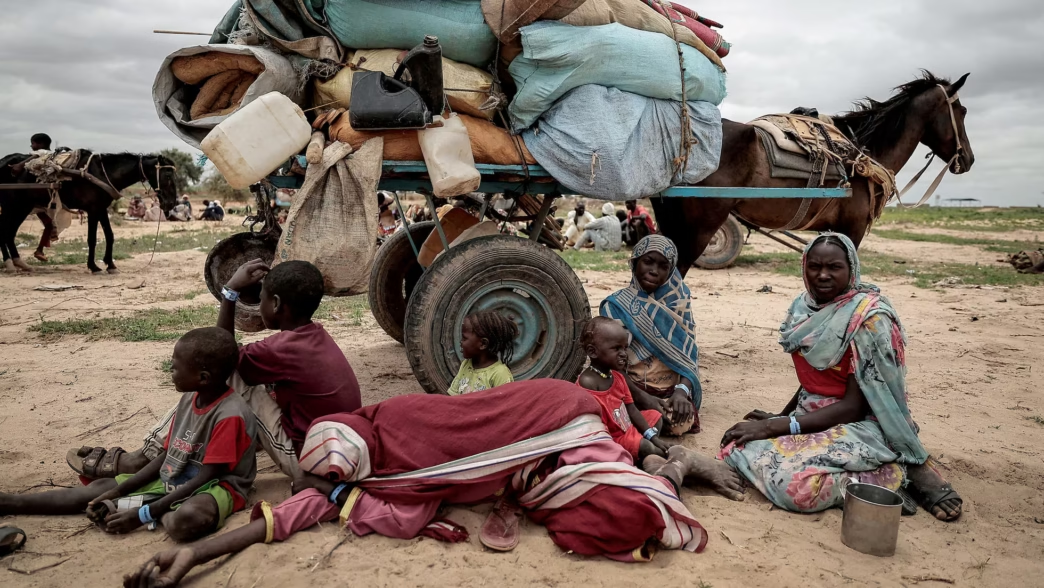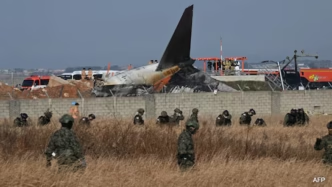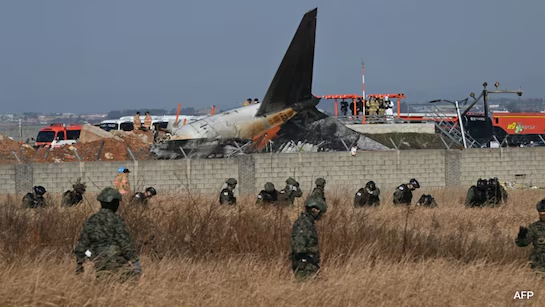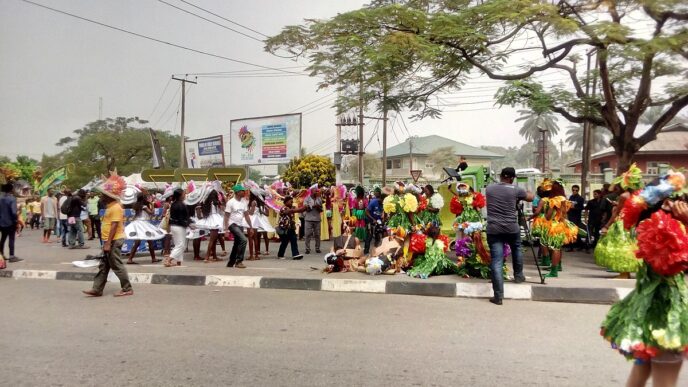Residents in Sudan, a nation ravaged by war and approaching the second anniversary of its ongoing conflict, are also battling the escalating impacts of climate change.
Nisreen Elsaim, a peace and climate activist, is among those directly affected. Forced to flee her home due to both violence and flooding, she recounts the harrowing start of the conflict:
“On the morning of Saturday, April 15, 2023, everything seemed normal until a massive explosion shook our house. That day marked the beginning of unrelenting violence. For three weeks, we stayed in our home, but as food, water, and electricity ran out, leaving became inevitable.”
According to Elsaim, the most vulnerable populations—those displaced by fighting—bear the brunt of climate change’s impacts.
“The war in Sudan has displaced over 12 million people, both refugees and internally displaced persons (IDPs). Many of these camps are located in flood-prone areas. The total flooded area is larger than the size of Germany, leaving countless camps submerged. Sudan is now facing its worst humanitarian crisis,” she says.
Elsaim stresses the urgent need for climate-conscious humanitarian aid:
“We must integrate climate change considerations into our humanitarian interventions. Making humanitarian efforts climate-sensitive isn’t a luxury; it’s essential. Without it, our efforts will be swept away, quite literally.”
Sudan is highly susceptible to climate change, with recurring droughts and unpredictable rainfall patterns exacerbating an already dire situation. According to the UN, the country ranks among the most vulnerable to climate impacts globally.
Since the conflict between the Sudanese Army and the paramilitary Rapid Support Forces began in April 2023, over 20,000 lives have been lost.
Read More:
